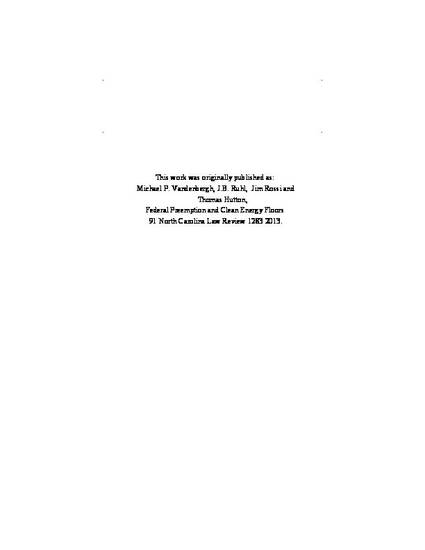
- energy law,
- environmental law,
- climate change
Like many fields, energy law has had its ups and downs. A period of remarkable activity in the 1970s and early 1980s focused on the efficiencies arising from deregulation of energy markets, but the field attracted much less attention during the 1990s. In the last decade, a new burst of activity has occurred, driven largely by the implications of energy production and use for climate change. In effect, this new scholarship is asking what efficiency means in a carbon-constrained world. Accounting for carbon has induced scholars to challenge the implicit assumption of the early scholarship that the price of energy reflects all important externalities, and that efficiency therefore can be assumed to mean the generation of the most energy at the lowest cost. Accounting for carbon also has contributed to the growing nexus between energy and environmental law, and has called on practitioners, regulators, and scholars to develop new regulatory solutions that integrate these previously distinct areas. This brief essay introduces the papers published in the Vanderbilt Law Review symposium issue, "Supply and Demand: Barriers to a New Energy Future" (2012).
Available at: http://works.bepress.com/michael-vandenbergh/7/
